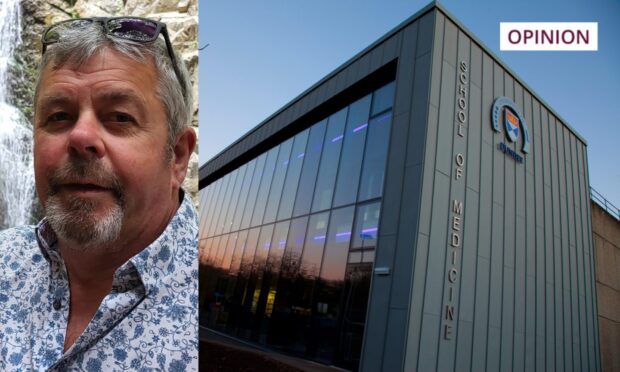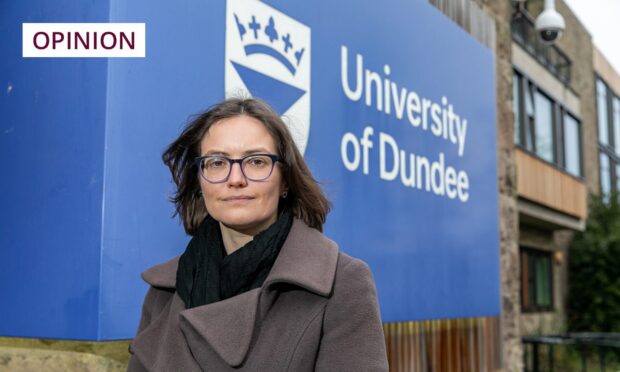Parkinson’s disease is one of the world’s most debilitating illnesses, placing a heavy burden on both the individuals affected and their families.
This progressive neurological disorder impairs movement, causing tremors, stiffness, and difficulty with balance and coordination.
The impact on the lives of those diagnosed and their loved ones is profound, as the disease often leads to a gradual decline in physical abilities and independence.
Over the past few decades, there has been a growing awareness of Parkinson’s disease, which is crucial for building understanding and support for those affected.
This awareness can be attributed to various factors, including public figures who have openly shared their struggles with the disease.
Michael J. Fox, the beloved actor from the Back to the Future films, was diagnosed with Parkinson’s disease in 1991.
His openness about his condition has played a significant role in bringing attention to the disease.
Growing up as a fan of his work, I remember delving into information about Parkinson’s disease when I learned of his diagnosis, which significantly heightened my awareness of the illness.
Closer to home, one of our greatest comedians, Billy Connolly, was diagnosed with the disease in 2012.
His candid discussions about his experiences have further contributed to the public’s understanding of the disease’s impact.
But what truly amazes me is the impressive work being done on my own doorstep to combat this debilitating disease.
Dundee University deserves recognition
The University of Dundee has made remarkable strides in improving the lives of those living with Parkinson’s through innovative research and treatments.
Just last week, the university announced a groundbreaking achievement, they successfully treated a Parkinson’s tremor in a first for Scotland.
This milestone was achieved by the School of Medicine at Ninewells Hospital, where the country’s first ultrasound thalamotomy was conducted.
This innovative, non-invasive technique allows individuals with Parkinson’s disease to effectively control their movements, offering a new lease on life for those affected by the disease.
One of the beneficiaries of this pioneering treatment is Ian Keir, a 63-year-old from Carnoustie who participated in the procedure to address his tremors.
His reaction, describing the experience as feeling like a miracle, brought a big grin to my face. It is truly incredible to witness the kind of work that is now possible to combat Parkinson’s disease.
The positive impact on Ian’s life is a testament to the dedication and expertise of the researchers and medical professionals at the University of Dundee.
While a cure for Parkinson’s disease may still be a long way off, the progress being made gives hope to those affected by the disease.
The advancements in treatment and the ongoing research efforts are paving the way for a brighter future.
When the day finally comes that Parkinson’s is eradicated, I hope that the University of Dundee receives the recognition they so rightly deserve for their pivotal role in this journey.
Parkinson’s disease remains a significant challenge, but the work being done at the University of Dundee exemplifies the strides being made towards improving the lives of those affected – and it is something I am so proud of.












Conversation